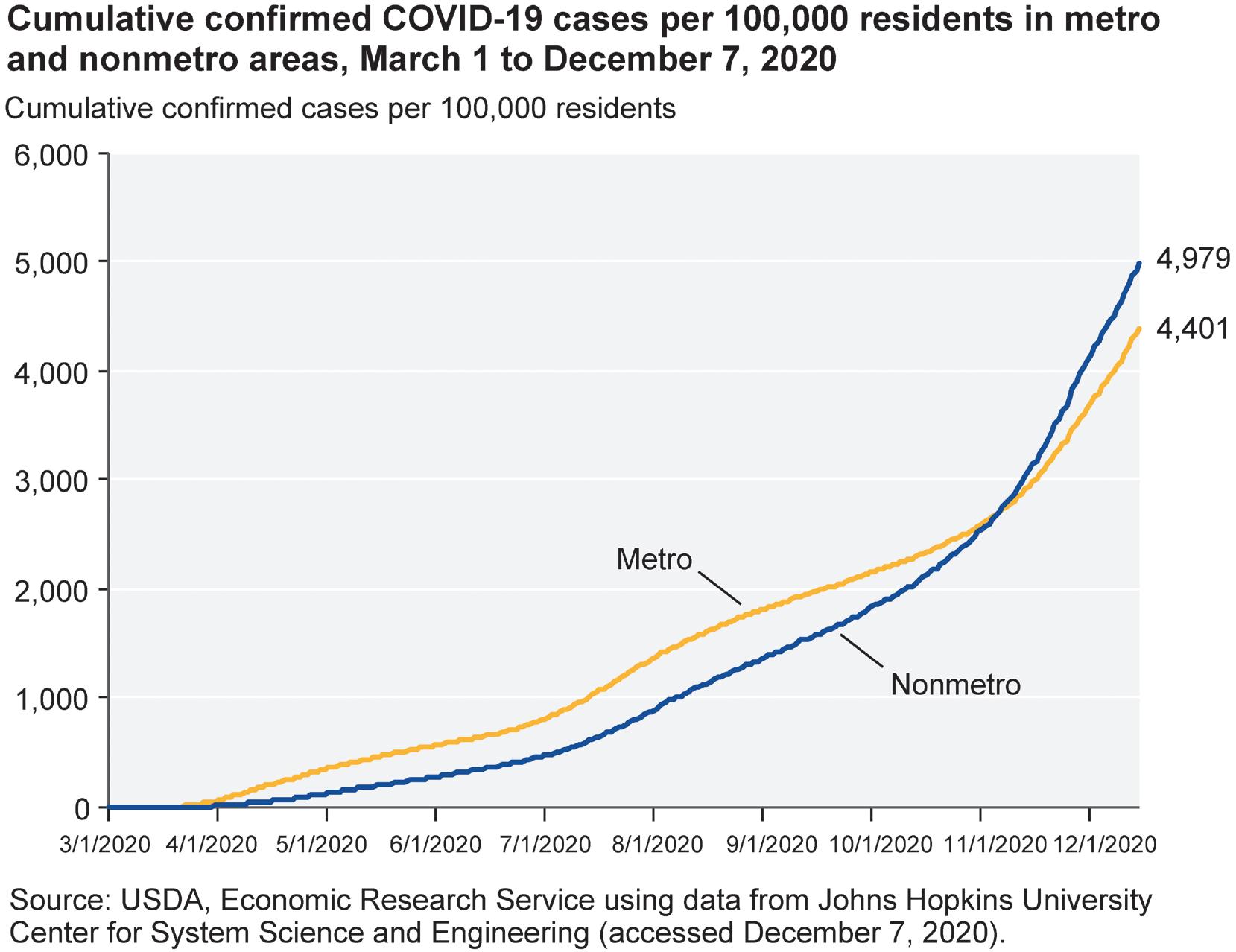
5 minute read
Keys to making soil healthy for profitable farming
By Martha Blum
AGRINEWS PUBLICATIONS
CHICAGO — Healthy soil is key to profitable farming.
“Soil health is the capacity for soil to function as a vital living ecosystem that sustains plants, animals and humans,” said Jeff Martin, owner and operator of Martin Family Farms, who farms with his wife, Jean, and their sons, Doug and Derek, near Mount Pulaski, Illinois.
“If we have a healthy soil with all the minerals to produce a healthy plant, then those minerals in the plant go into the food chain, which helps us become more healthy,” said Martin during a webinar organized by The Chicago Farmers.
“The single largest issue with consistent farm profits is that we have the wrong expectations of our soils that if
See SOIL, Page 17 Soil health, itself, is difficult to measure, but the achievement of specific goals can be researched and monitored.


YourYour Locally Locally Owned Owned Petroleum Retailer

WE OFFER: Premium Diesel • Gasoline • Aviation Fuel Propane • Chevron Lubricants Tanks, Pumps, Service In Cambridge: Call us to discuss what Mark Seabloom we can do for you!
800-808-1812 In Manlius: Scott Smith 800-624-5593 Mike Dykstra Steven Michlig
Michlig Energy –Delivering the Spirit of Service to Our Communities
SM-PR1852057
Farming is more than your business, it’syour legacy.
We’ll help keep your farming tradition growing.
Operating &Farmland Loans Equipment &Facility Financing Farmland Sales &Appraisals Farm &Grain Management
hbtbank.com 888-897-2276
FROM PAGE SIXTEEN
we pour on inputs it will be successful,” Martin said. “Far too many people only look at soil to hold plants upright, but soil is much more than that — it’s the creatures that live in the soil.”
Healthy soils help plants to be resistant to pathogens and diseases, Martin said.
“One of the keys to getting soils healthy is the 17 essential nutrients and another 60 to 70 that are needed for plant growth,” he said. “These nutrients must be properly balanced to work in the proper way.”
The goal is to develop a balanced nutrient cycling system.
“Plant available nutrients is how this cycle works,” Martin said. “Bacteria in the soil feeds on organic matter and other nutrients and the bacteria can double their population every 10 to 15 minutes.”
The protozoa feed on bacteria to keep the bacteria populations in check, which cycles the nutrients.
“Bacteria has a carbon to nitrogen ratio of 5 to 1 and protozoa has a carbon to nitrogen ratio of 30 to 1 so the protozoa needs to eat six bacteria in order to fill its carbons needs and in turn it ends up with five nitrogen,” Martin said. “Since it only needs one nitrogen to fill its nitrogen needs, it will excrete four nitrogen into the soil, which will be available to the corn plant, which is how the plant gets its nutrients.”
Ratios exist for all nutrients — such as carbon to nitrogen, carbon to phosphorus and carbon to potassium.
“Fungi in soil can double populations every 20 to 30 minutes and beneficial nematodes feed on fungi to keep populations in check,” Martin said. “Fungi have a carbon to nitrogen ratio of 20 to 1 and nematodes 100 to 1 so a nematode eats five bacteria to fulfill its carbon requirements and only needs one nitrogen so it releases four nitrogen molecules back into the soil.”
The Martins do sap testing of the plants growing in their fields.
“We take the liquid sap from a plant and use a refractometer to get a Brix rating which measures the sugar content in a plant,” Jeff Martin said. “A lot of our Brix ratings today are five to six and our goal is to get it to about 12.”
For about the past six years, the Martins have been using an AgriBio Systems program on their fields to improve soil health.
“After we finish harvest, the first thing we do is plant cover crops because we believe cover crops are a vital part of a soil health program,” Jeff Martin said. “Then we spray on BioMax, which is a liquid product that has bacteria and fungi. This product helps to break down organic matter and make nutrients in residue available for the crop the following year.”
In the spring, BioMax is applied in furrow during planting.
“After planting we do an application of liquid nitrogen and our chemical program, which we’re hoping we can cut back on chemicals,” Martin said. “We take sap samples to see if we need to do foliar applications and we do a foliar application of liquid nitrogen because we’ve seen good results with splitting our nitrogen applications.”
Soil microbes provide many benefits, Martin said, including improved soil structure and increased water holding capacity and water infiltration at the same time.
“We can have plants immune to insects and disease if we have a healthy soil because the plant will send out through the root system what it needs to combat the problem,” Martin said. “The root system will uptake the nutrients, which will help immunity to the pathogens trying to attack the plant.”
“The benefits of a soil system that works for you are higher, more consistent yields with less money spent on inputs,” he said.
Martha Blum can be reached at 815-223-2558, ext. 117, or marthablum@shawmedia. com. Follow her on Twitter at: @AgNews_Blum.
Meeting all of your Farm Insurance Needs



Hanford Insurance Agency
The Cornerstone Agency Geneseo Morrison 309-944-5151 815-772-2793
VanDeRostyne Insurance Services The Cornerstone Agency Atkinson Tampico 309-936-7220 815-438-3923
Cover Insurance Agency
Sauk Valley Insurance Services Toulon Dixon 309-286-2531 815-288-2541
Mark Gillis Insurance Agency Rochelle 815-561-2800



Skid Loader, Backhoe, Wheel Loader, Dozer & Excavator Work
• Basements • Water Lines • Septic Systems • Sewer Lines • Footings • Driveways
• Roll-Off Containers • Building Demolition • Free Estimates Fully Licensed and Insured Black Dirt and White Rock Custom Ag Applications • Concrete Recycling






